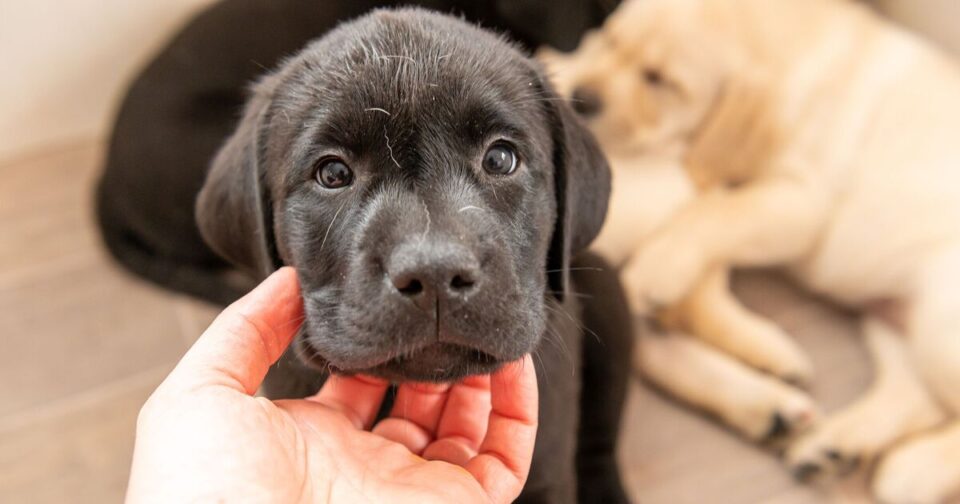Dr Anna Foreman, who is the in-house vet at Everypaw Pet Insurance, gave her professional opinion about getting a pedigree puppy. First, though, what is a pedigree pooch? This means the dog’s parents are both the same breed and are registered to a recognized club society, such as The Kennel Club.
While pedigree puppies are generally more expensive than crossbred dogs, that extra price doesn’t guarantee better health. Dr Foreman explained: “Pedigree animals are more likely to suffer from genetically linked health conditions, which can incur significant veterinary bills.” There are, however, considerations to be made before buying any type of puppy – pedigree or not.
Dr Foreman said: “Any dog can cost a significant amount of money to upkeep regardless of its pedigree.”
Financial factors to consider include food costs, veterinary care – both preventative and for illness or injury – and dog accessories, such as bedding, and pet insurance.
Dr Foreman stated: “In a time of a cost of living crisis, these overheads should all be considered before taking on any pet.”
Selecting a dog breed
If you have the financial means, the next step in choosing a dog is considering the needs of the dog and what you can provide.
Two important factors to consider is how much time you can give to the dog and your lifestyle.
To elaborate, Dr Foreman said: “As a rule, dogs should not be left alone for over four hours at a time, as they require access to go to the toilet and socialisation.”
She warned that prolonged isolation in dogs can lead to behavioral issues because of boredom and loneliness.
Dr Foreman added: “Equally, if a dog who is always with their owner then is left alone, no matter for how long, they can develop separation anxiety.”
Most popular dog breeds of 2025
The team at Everypaw Pet Insurance analysed a combination of online search data, TikTok videos and Instagram hashtags to identify the most popular dogs of 2025 (so far).
Coming in as the most popular dog breed of 2025 is the Golden Retriever, which has topped the list for the third year running.
- Golden Retrievers
- Chihuahuas
- French Bulldogs
- German Shepherd
- Labrador Retriever
- Dachshund
- Rottweiler
- Pug
- Pomeranian
- Poodle
Whichever dog breed you take home, Dr Foreman said it’s helpful to remember the rule of three.
She explained: “There tends to be a rule of three with older dogs (and even puppies) – it takes three days to stop feeling acutely overwhelmed by a new home, three weeks to start to settle into a new routine, and three months for a dog to consider a new place home.”

